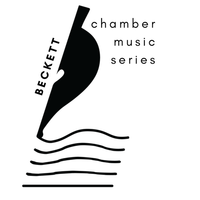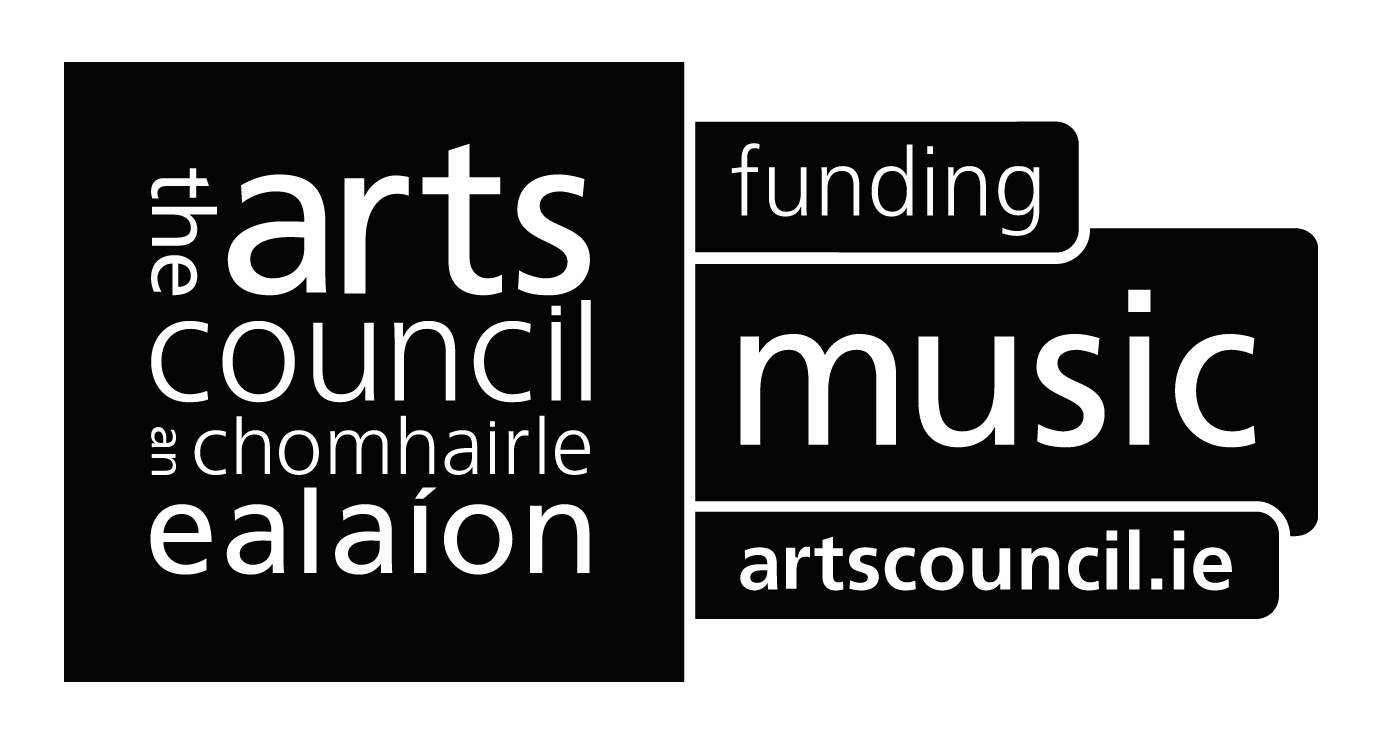Samuel Beckett : Words and Music
Music by Morton Feldman
Directed by Everett Frost
Music by Morton Feldman
Directed by Everett Frost
|
Barry McGovern Words/Joe
Stephen Brennan Croak Beckett Series Ensemble Music/Bob Finnegan Downie Dear conductor Fiona Kelly flute* Miriam Kaczor flute Brian Dungan vibraphone Jonathan Morris piano Sarah Sew violin Lisanne Melchior viola Aoife Nic Athlaoich cello |
A selection of short solo and chamber works precede the main work:
Morton Feldman Vertical Thoughts 2 Edgard Varèse Density 21.5 for solo flute* Morton Feldman Projection 1 Morton Feldman Four Instruments (1975) |
Saturday 30 June 2018, 8pm
Smock Alley Theatre, Dublin
Boys' School Space
Smock Alley Theatre, Dublin
Boys' School Space
€25/€22 Words and Music
€50/€45 Series Ticket (3 Concerts)
Tickets available at Smock Alley Box Office +353 1 677 0014
Online bookings incur a €1 booking fee
€50/€45 Series Ticket (3 Concerts)
Tickets available at Smock Alley Box Office +353 1 677 0014
Online bookings incur a €1 booking fee


